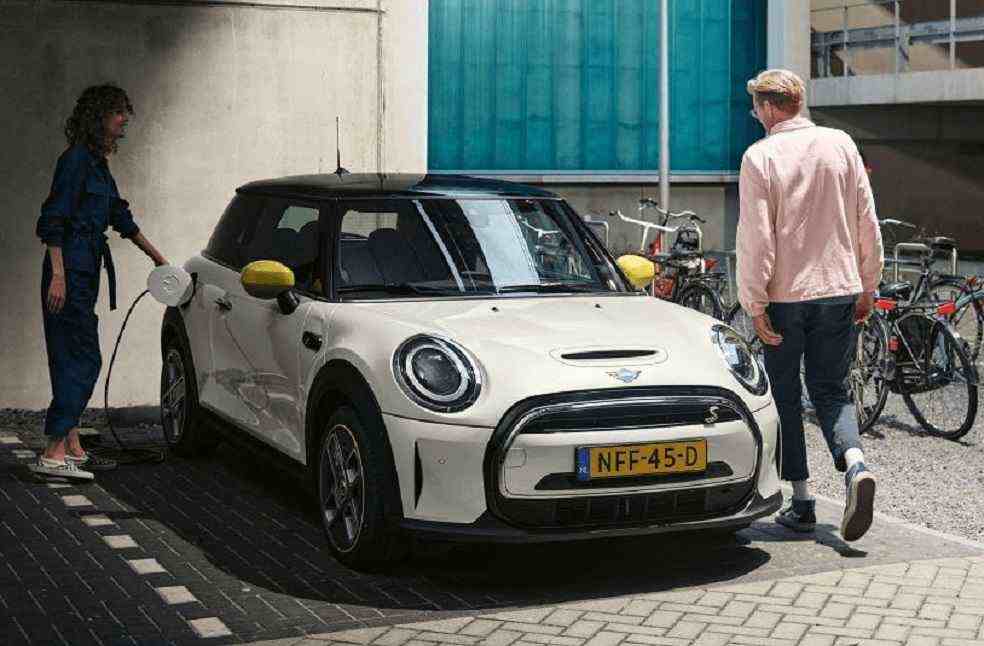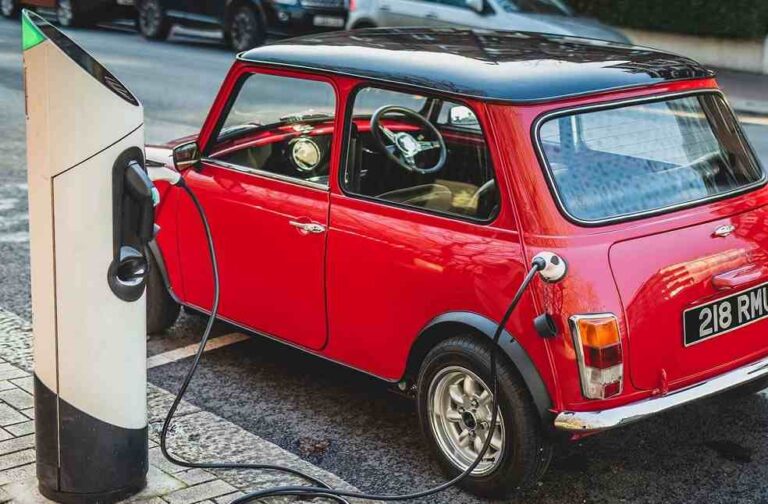The UK and European Union admitted to postpond electric vehicle (EV) tariffs until 2027. This major move, part of the ongoing adjustments post-Brexit under the UK-EU Trade and Cooperation Agreement (TCA), responds to global supply chain disruptions resulting from the COVID-19 pandemic and geopolitical tensions.
Revised Rules of Origin
The TCA initially set to take effect in January 2024 mandated increased local content for EVs to qualify for tariff-free trade. This requirement meant a jump from 40% to 45% of an EV’s value and 60% for the battery pack. The change would challenge many EVs, especially those with batteries manufactured in China, which dominates the global EV battery market, closely trailed by South Korea.
Responding to Global Challenges
The delay reflects the current international supply chain challenges. Extending the existing rules of origin until the end of 2026 aims to mitigate these pressures. This move averts the implementation of a 10% tariff on EV trade between the UK and the EU, initially scheduled to start in January 2024.

Industry and Economic Impact
This decision brought relief to the British and European car industries, both of which advocated for a postponement. The slower-than-anticipated development of locally sourced batteries in Europe, crucial for complying with the proposed rules of origin, necessitated this delay.
Mike Hawes, SMMT Chief Executive, lauds the decision: “Deferring the rules of origin is a win for motorists, the economy, and the environment.” He points out that tariff-free EV trade ensures a diverse and affordable model range for consumers, essential for transitioning to eco-friendly transportation.
Sigrid de Vries, ACEA Director General, also welcomes the agreement, emphasizing it as crucial for the certainty of Europe’s electric vehicle battery supply chain. This decision dodges potential tariff costs of about €4.3 billion and secures approximately 480,000 units of EV production.

Richard Peberdy, UK Head of Automotive for KPMG, calls the decision “sensible”, noting it offers an extended timeframe for the battery production and supply chain to establish more robustly in the UK and Europe.
Environmental and Economic Move
This agreement is a strategic response to current global challenges and a supportive gesture towards the evolving EV sector. It signifies the UK and EU’s dedication to maintaining their automotive industries’ competitiveness while progressing with their environmental goals. The postponement of tariff imposition is a vital step in ensuring the automotive industry’s smooth transition towards sustainable practices, reflecting a commitment to both economic and environmental priorities globally.
EV WORLD | Milan Goes Green: 105 Solaris Electric Buses to evolve City Transit





